عنوان
304 شارع الكاردينال الشمالي
مركز دورتشستر ، ماساتشوستس 02124
ساعات العمل
من الاثنين إلى الجمعة: 7 صباحًا - 7 مساءً
عطلة نهاية الأسبوع: 10 صباحًا - 5 مساءً
قبل أن نتعمق في المحتوى، أود منك الانضمام إليّ على منصات التواصل الاجتماعي الخاصة بي حيث أشارك المزيد من الأفكار وأتفاعل مع المجتمع وأنشر التحديثات. إليك كيفية التواصل معي:
فيسبوك:https://www.facebook.com/profile.php?id=100071234835011
لينكدإن:https://www.linkedin.com/company/74943205/admin/dashboard/
يوتيوب:www.youtube.com/@shandongexpertmedicalequip4695
تيك توك:www.tiktok.com/@expertmedical
الآن، لنبدأ رحلتنا معًا. أتمنى أن تجد المحتوى هنا مفيدًا وجذابًا وقيمًا.
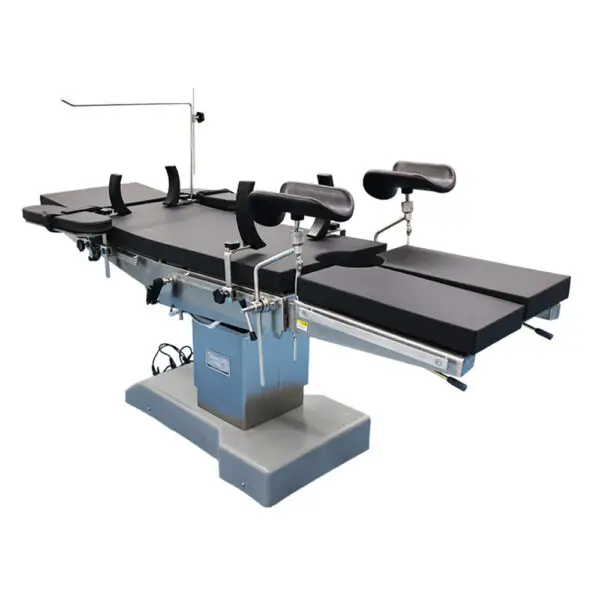
A surgical operation table is a specialized piece of medical equipment designed to position patients for surgery. It plays a crucial role in providing optimal surgical conditions and ensuring the safety and comfort of the patient. This blog post will delve into the essential features of a surgical operation table that contribute to successful surgical procedures. We will explore the key components of a surgical operation table, the essential features that a high-quality table should possess, and the importance of these features in modern surgical practice.
A typical surgical operation table consists of several key components, each serving a specific purpose:

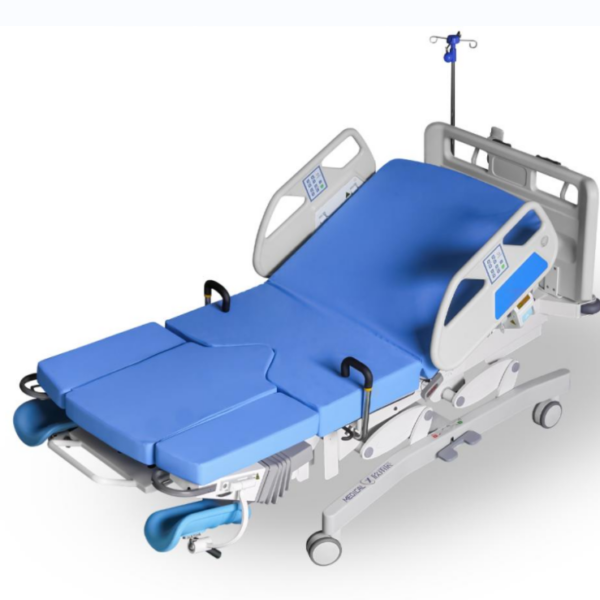

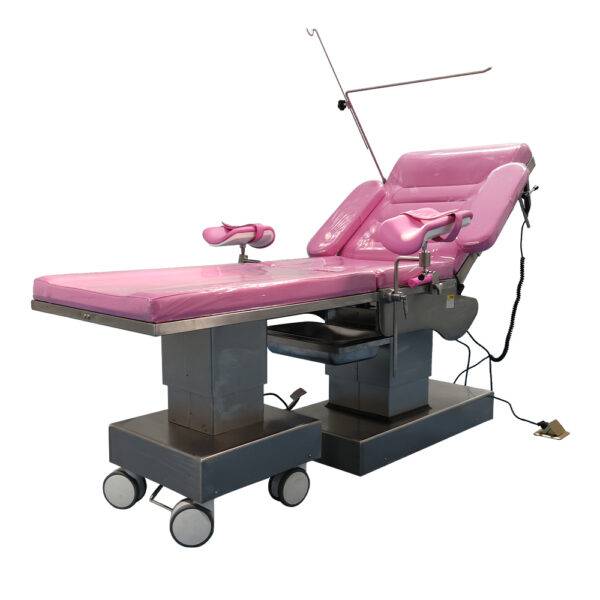
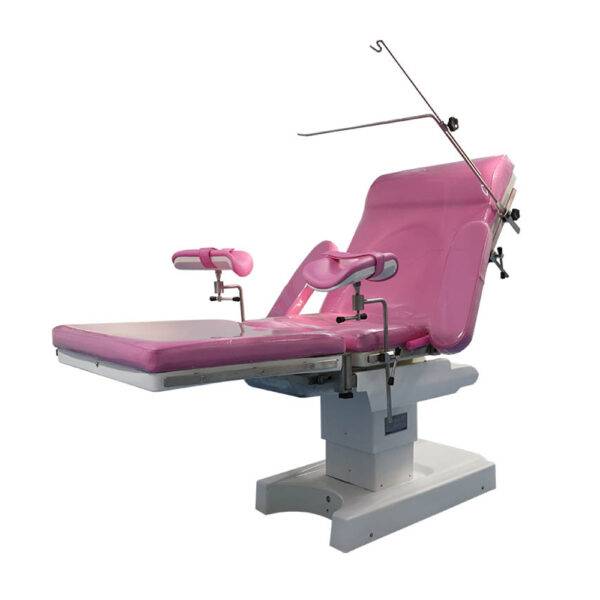
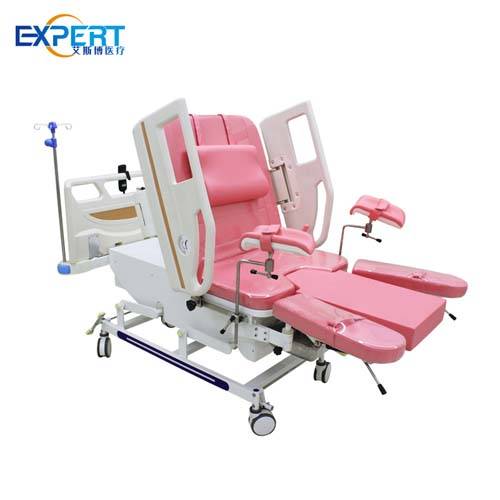
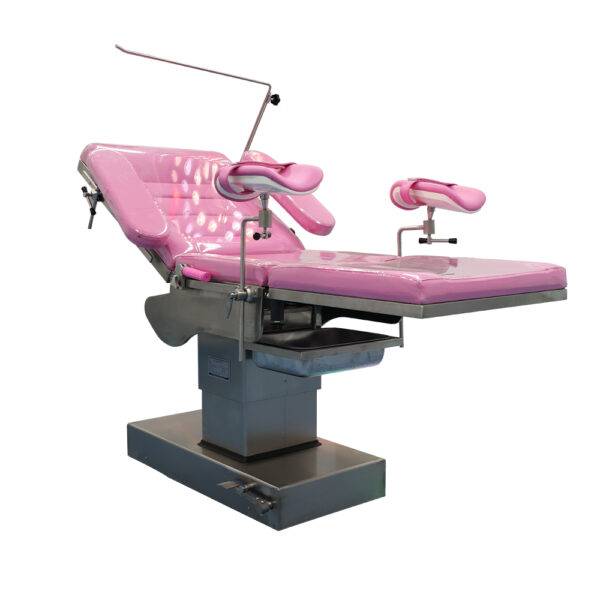

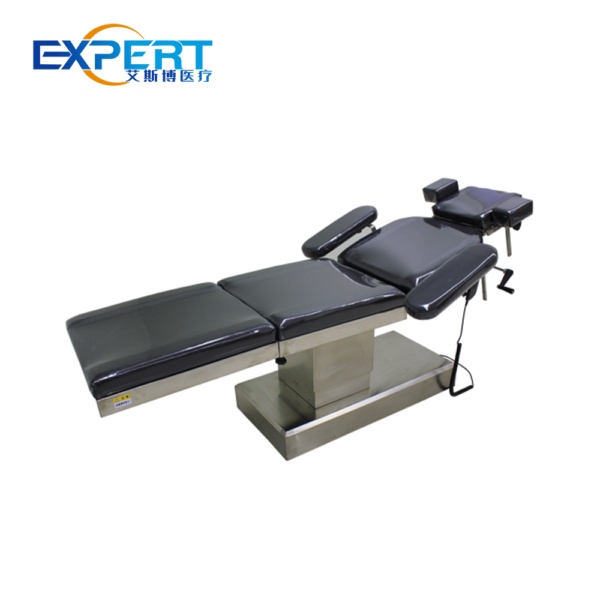
A high-quality surgical operation table should possess the following essential features:
Radiolucency is a critical feature that allows for the use of imaging equipment during surgery. This is essential for procedures that require real-time visualization, such as orthopedic and vascular surgeries. A radiolucent tabletop allows surgeons to obtain clear images of the surgical site without the need to reposition the patient, which can reduce surgical time and improve patient outcomes.
A stable surgical operation table is essential for maintaining patient safety and preventing accidental movement during surgery. The table should have a wide base and be constructed with high-quality materials. A stable base helps to prevent the table from tipping or sliding, which could lead to serious injury to the patient or surgical staff.
Versatility is another crucial feature. The table should be capable of accommodating a wide range of surgical procedures and patient sizes. It should be able to be adjusted to various positions, including Trendelenburg, reverse Trendelenburg, and lateral positions. A versatile table can be used for a variety of surgical specialties, which can help to improve efficiency and reduce the need for multiple tables in the operating room.
Patient comfort is important for reducing stress and anxiety during surgery. The tabletop should be padded and contoured to provide optimal support and minimize pressure points. A comfortable table can help to reduce patient discomfort and anxiety, which can lead to a more positive surgical experience.
The surgical operation table should be easy for surgical staff to operate. Controls should be intuitive and accessible, and the table should be able to be positioned quickly and accurately. An easy-to-use table can help to improve efficiency and reduce the risk of errors in the operating room.
The surgical operation table should be easy to clean and disinfect to prevent the spread of infection. The tabletop and other surfaces should be made of non-porous materials and have smooth, rounded corners. A hygienic table can help to reduce the risk of infection for both patients and surgical staff.
Safety features, such as emergency stop buttons and locking mechanisms, are essential for preventing accidents. The table should also have a weight capacity that is well above the average patient weight. Safety features can help to protect patients and surgical staff from injury.
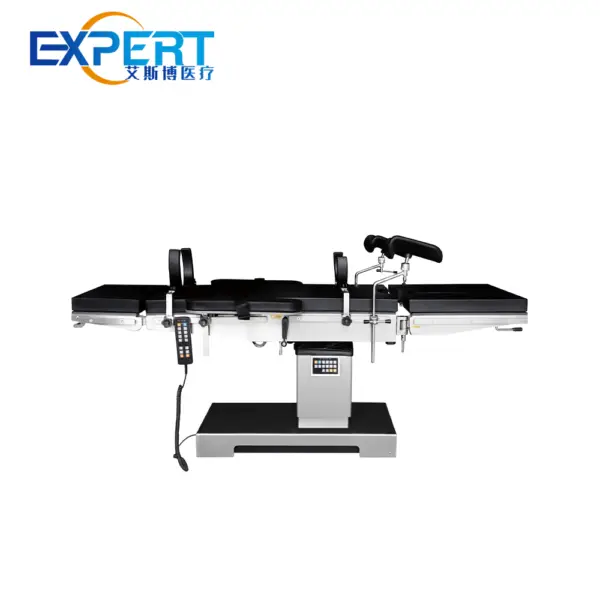
| ميزة | أهمية | فوائد |
|---|---|---|
| شفافية الإشعاع | عالي | Enables real-time imaging during surgery, reducing surgical time and improving patient outcomes. |
| استقرار | عالي | Ensures patient safety and prevents accidental movement, reducing the risk of injury. |
| براعه | عالي | Accommodates a wide range of surgical procedures and patient sizes, improving efficiency and reducing the need for multiple tables. |
| راحة | واسطة | Reduces stress and anxiety during surgery, leading to a more positive surgical experience. |
| سهولة الاستخدام | عالي | Improves efficiency and reduces the risk of errors in the operating room. |
| صحة | عالي | Prevents the spread of infection, protecting both patients and surgical staff. |
| ميزات السلامة | عالي | Prevents accidents and ensures patient safety. |
ال surgical operation table is an indispensable piece of equipment in the operating room. By understanding the essential features of a high-quality surgical operation table, healthcare professionals can make informed decisions when selecting equipment for their facilities. A well-designed and well-maintained surgical operation table can contribute to safer, more efficient, and more comfortable surgical procedures.
ما هو الفرق بين surgical operation table and a hospital bed?
A surgical operation table is specifically designed for positioning patients during surgery, while a hospital bed is used for general patient care. Surgical operation tables offer a wider range of positioning options and are typically more robust. They are also designed to be easily cleaned and disinfected to prevent the spread of infection.
What materials are used to make surgical operation tables?
Surgical operation tables are typically made of stainless steel or aluminum for durability and ease of cleaning. The tabletop is often covered with a radiolucent material, such as carbon fiber or fiberglass. These materials are chosen for their strength, durability, and resistance to corrosion and chemicals.
كم مرة يجب أن surgical operation table be calibrated?
The frequency of calibration depends on the manufacturer’s recommendations and the usage of the table. It is generally recommended to calibrate the table annually to ensure accuracy and safety. Regular calibration can help to maintain the table’s performance and prevent accidents.
